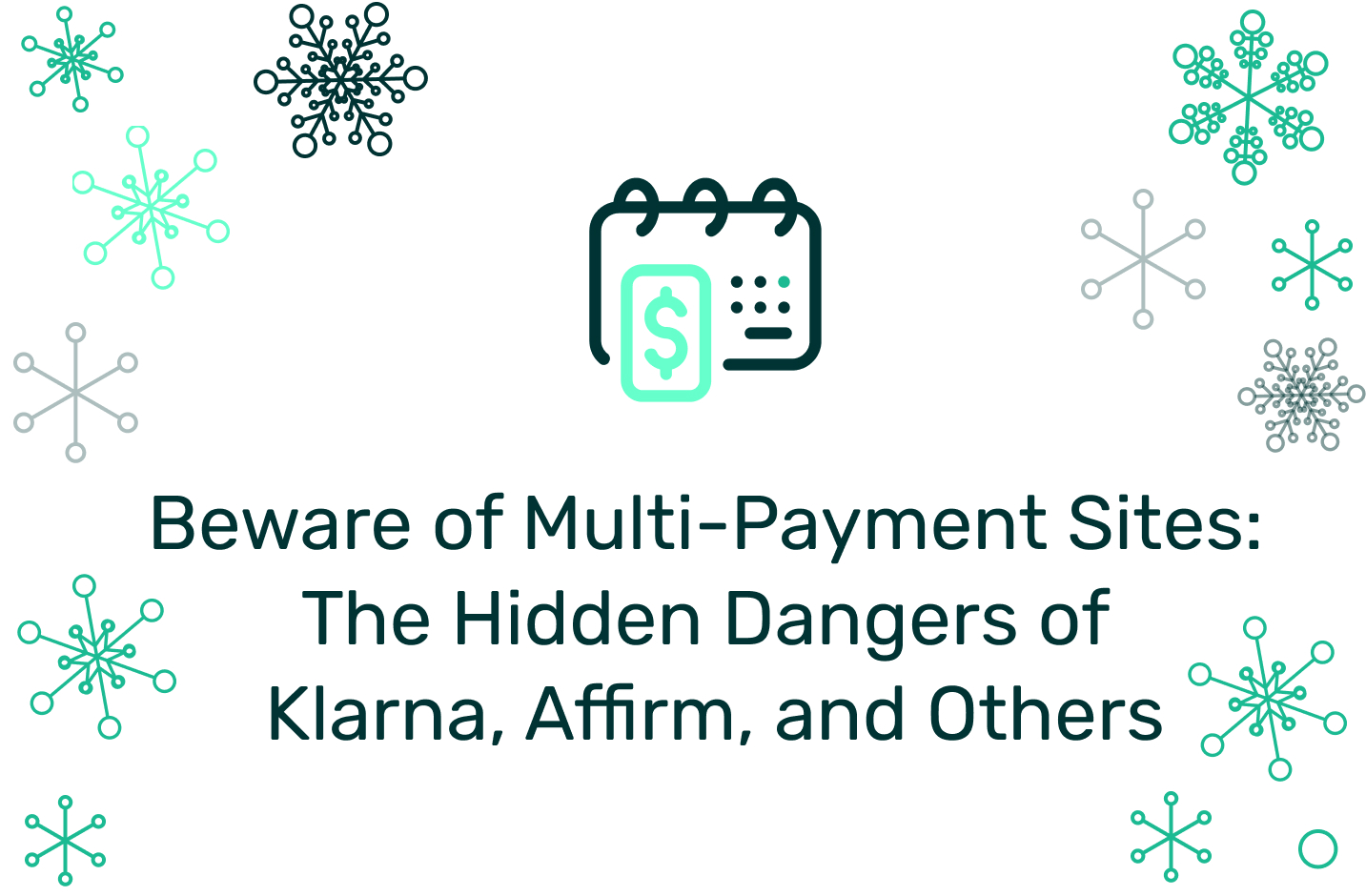In recent years, the rise of online shopping has brought about a slew of payment options that promise convenience and flexibility. Klarna, Affirm, and similar multi-payment sites have gained popularity for their “buy now, pay later” approach, allowing consumers to split their purchases into smaller installments. While these platforms may seem appealing at first glance, it’s crucial to delve deeper into their practices and consider their potential risks.
In this article, we will explore why Klarna, Affirm, and other multi-payment sites can be viewed as scams and why you should exercise caution when using them.
The Allure of Multi-Payment Sites
Multi-payment sites like Klarna and Affirm have grown in popularity for several reasons:
-
- Instant Gratification: These platforms enable consumers to make purchases without paying the full amount upfront, making it easier to acquire desired items immediately.
-
- No Interest Promises: Many multi-payment sites claim to charge no interest or offer low interest rates, making them appear more appealing than traditional credit cards.
- Transparency: These platforms often promote transparency by displaying the total cost of the purchase upfront and breaking down the installment amounts.
The Hidden Dangers
While the convenience of multi-payment sites is undeniable, there are significant concerns that can make them a risky choice:
-
- Hidden Fees: Despite their transparency claims, some multi-payment sites may have hidden fees, late payment charges, or penalties that can quickly add up, making the overall cost of the purchase much higher than anticipated.
-
- Debt Accumulation: The “buy now, pay later” model can lead consumers into a cycle of debt. The ease of making purchases can encourage overspending, and if not managed responsibly, individuals may find themselves struggling to repay multiple installments.
-
- Impact on Credit Scores: Some multi-payment sites report late or missed payments to credit bureaus, potentially damaging the user’s credit score. This can affect future financial decisions and make it harder to secure loans or credit cards with favorable terms.
-
- Temptation to Overspend: The simplicity of dividing payments into smaller installments can lure consumers into buying items they may not have purchased otherwise. This can lead to financial strain in the long run.
- Limited Retailer Options: Multi-payment sites are not accepted by all retailers, limiting your shopping choices. You may also find that some retailers charge higher prices when using these services.
The Scam-Like Aspects
While multi-payment sites are not scams in the traditional sense, some aspects of their business practices have raised concerns:
-
- Marketing Tactics: These platforms often use persuasive marketing techniques to encourage users to make impulsive purchases, emphasizing the ease and speed of the process while downplaying potential risks.
-
- Financial Ties: Some multi-payment sites have partnerships with specific retailers, which may incentivize them to promote certain products or encourage users to shop at those retailers, potentially steering consumers towards choices that are not in their best interest.
- Data Privacy: These platforms collect extensive user data, which can be sold or shared with third parties, raising concerns about privacy and security.
While multi-payment sites like Klarna and Affirm may offer convenience and flexibility, they come with hidden dangers and potential financial risks. It’s essential to approach them with caution, carefully read the terms and conditions, and consider alternative payment methods like credit cards or saving up for purchases to avoid falling into the debt trap.
Ultimately, the decision to use multi-payment sites should be made with a full understanding of the potential consequences and a commitment to responsible financial management. Beware of the allure of instant gratification, and always prioritize your long-term financial well-being over short-term convenience.

